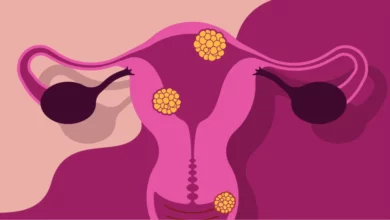HOW MUCH SLEEP DO YOU REALLY NEED EACH NIGHT?
15% of all depression patients sleep all the time and don’t want to leave their beds. Depression expresses itself by oversleeping or insomnia, which can have a negative effect on your mental health.
- Headaches
Oversleeping can also cause painful headaches. This will damage your neurotransmitters such as serotonin and will almost surely cause headaches during the day.
- Diabetes
Spending your days sleeping can impair your body’s ability to process glucose, which will lead to type 2 diabetes over time. One study showed that people who sleep less than the recommended time are more likely to develop glucose intolerance and diabetes than those who sleep normally.
- Heart disease
Sleeping too much and too often can damage your heart. A research conducted by the Nurses’ Health Study examined the sleeping habits of more than 72 000 women who slept more than 11 hours overnight, and the results showed that they are more at risk of developing coronary artery disease than women who slept 8 hours overnight.
Tips on defeating oversleeping
Sleeping schedule
Making a strict sleep schedule will help you go to bed and wake up on time. Make sure to unplug all electronic devices an hour before going to bed and take yoga classes so you can relax and sleep better.
Exercise
Regular exercise after getting out of bed will clear your mind and boost your energy levels.
Shower
Taking a cold shower every time you feel sleepy will immediately wake you up.
Water
Drink a glass of lukewarm water after getting up in the morning to keep your body hydrated.
Maintain your motivation
Find an activity you like and stick to it to stay motivated and break the routine in your everyday life.




